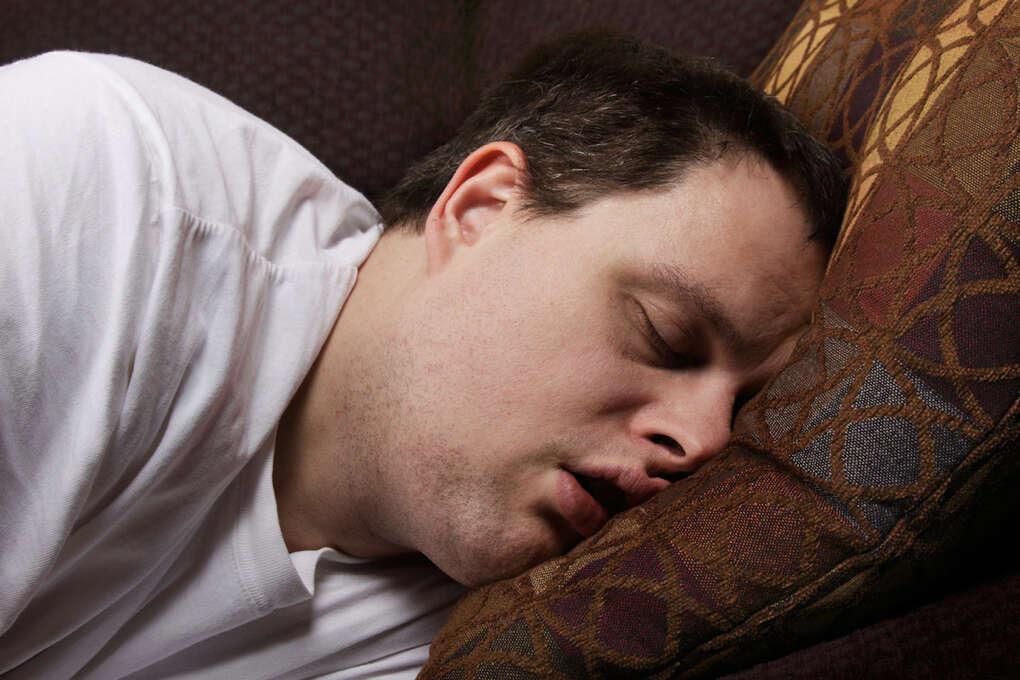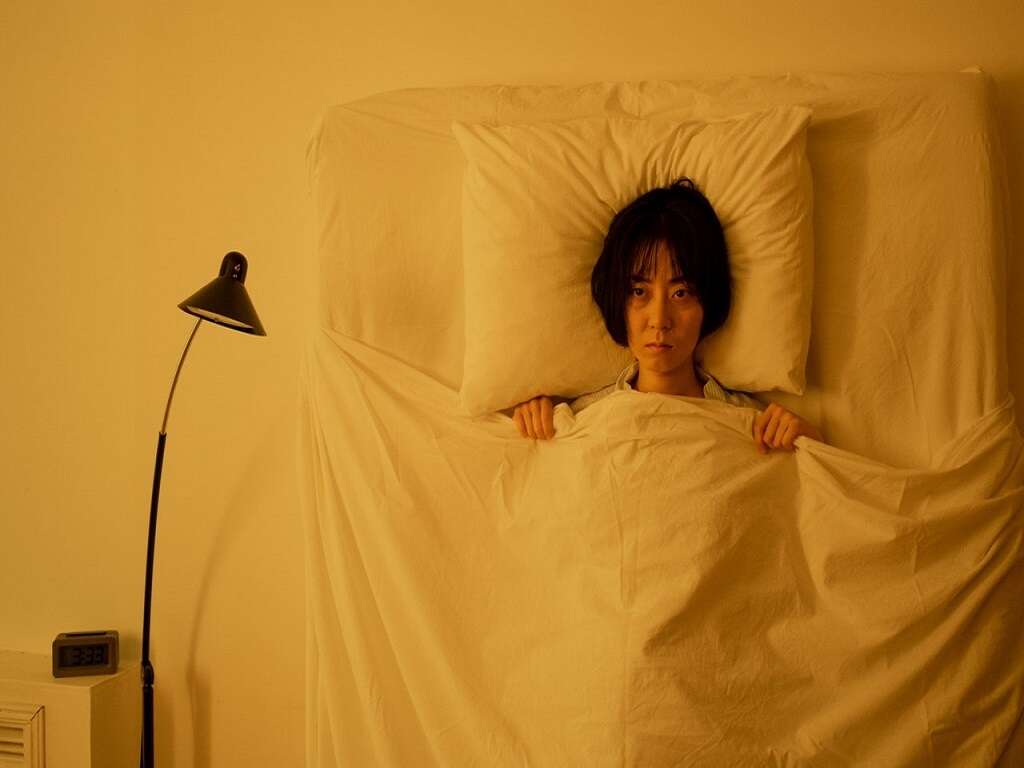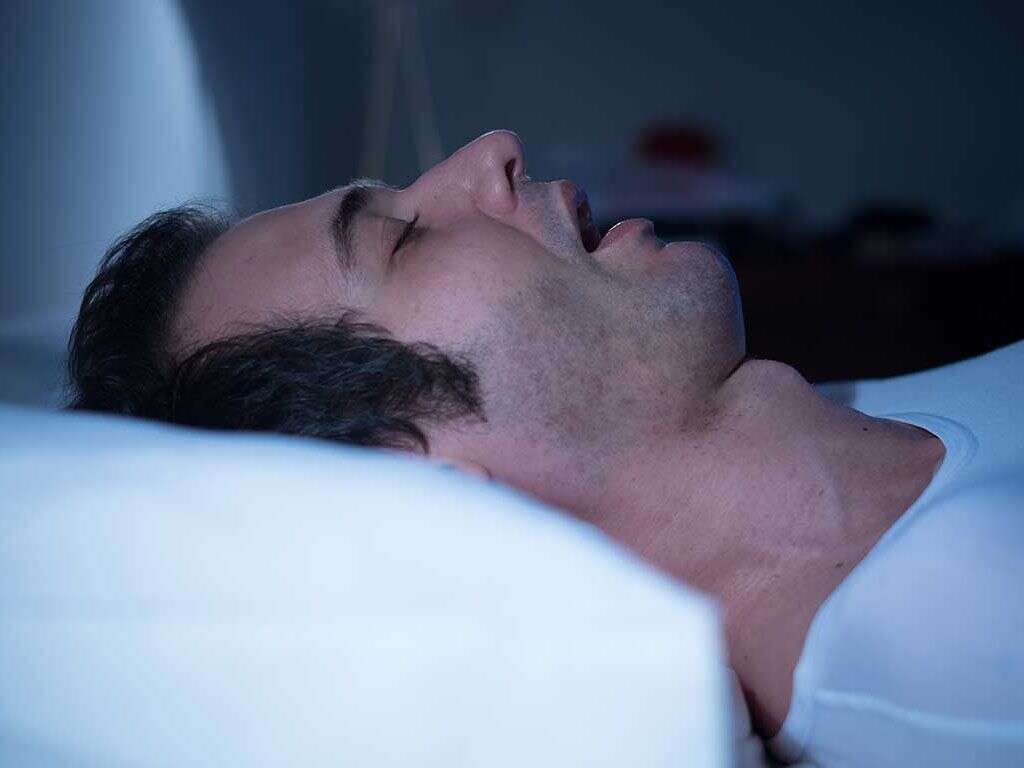Why Do People Snore?
Snoring is a problem for many people, although it tends to be a problem for other people rather than the snorer themselves. The person snoring is often fast asleep, oblivious to the noise that they are making, while those around them are being kept awake by the racket.
Snoring can put a strain on relationships, and partners will sometimes have to sleep in separate rooms because of the disturbance it causes. It is involuntary, but there are some steps that can be taken to help prevent it from happening.

1. Age
People tend to snore more often as they get older. This is largely because, as we age, the passage of our throat becomes narrower and the muscles become less toned. This means that the air that we breathe has a smaller passage to pass through, potentially resulting in snoring. Ageing is inevitable and there is little we can do about its effects. We can at least help to slow the onset of ageing and reduce the impact it will have on the quality of our lives. This includes exercising and eating well, which will help to keep you in good shape, and it could also help to prevent snoring.

2. Nasal Problems
Many of us are born with nasal problems, while others might develop them later in life. They can be a real bane in the life of many people, causing breathing difficulties and an overall drop in the quality of life. They can also lead to snoring, further adding the patients woes.
Nasal problems will often lead to the airways becoming blocked. This forces the air we breathe through smaller passages and forces some people to breathe through their throat when they would otherwise breath through their nose. If nasal problems do cause you to snore, medications that clear nasal passages may be able to help.

3. Obesity
People who are obese are going to have more fatty tissue around the neck then people who are not obese. When sleeping, this fatty tissue, which will also be found internally, can “fall in” to the throat passage. This causes a blockage in the passage, and this can result in snoring.
Obesity contributes to problems that are considerably worse than snoring. It can have a real impact on your quality of life in the short term and pose a very real threat to your life in the long term. If you are obese, you really should consider trying to eat sensibly and/or exercise more often.

4. Genetics
Pretty much everybody is built in different ways to each other. Taller or shorter, different facial characteristics, and the structure of our throat is also different. Some people simply have narrower throats than other people do, and this can contribute to snoring. It is also true that men are more likely to be snorers than women are.
There is little to nothing we can do about the way we are built genetics are genetics. That does not mean to say that there is no chance of eliminating snoring, however, and certain lifestyle changes could help to make the difference.

5. Alcohol
Countless people all over the world like to enjoy a drink, especially at the weekends to help them wind down after a week of working hard. There is a genuine need to be careful when drinking alcohol, but it can also be a lot of fun and can help to bring people closer together on a social level.
There are short-term issues where alcohol is concerned, one of which is snoring. When we are drunk, the muscles of our throat will likely relax more than they usually would. This can cause them to fall into the passage of the throat, and this is likely to result in snoring.

6. Smoking
It was not so long ago that smoking was considered to be far more acceptable than it is today. For example, people were free to smoke indoors wherever they wished and even restaurants would allow people to smoke at their tables. In the last few decades or so, however, attitudes have changed considerably.
Smoking is now considered to be far less acceptable and it is far more restricted than it used to be. The adverse health effects of smoking are now far better known than they used to be. While smoking can cause some very real threats to your life, it can also contribute to snoring.

7. Medications
It is impressive what medication can do nowadays. With some exceptions, disease can be treated with medication that combats the disease and improves our health overall. While they are mostly beneficial for us, some medications will also have their drawbacks.
Certain medication will have side-effects that can range from being mildly uncomfortable to potentially dangerous. One potential side-effect of some medications is the relaxation of the throat muscles, and this can lead to snoring. You should always make sure you are aware of any medications you are planning to use and you should always follow the advice of doctors when using them.

8. Sleep Deprivation
Most people are lucky in that when they go to bed, they fall fast asleep shortly afterward and remain asleep until the morning. For some people, though, getting a good nights sleep is a rare luxury. Many people struggle to get enough sleep, and this can make life a lot harder for them.
Sleep deprivation will obviously cause the patient to be tired the following day. This can lead to difficulties in performing well at work and even relationships can suffer at times. It can also lead to snoring, and this can cause the patients partner to lose sleep also.

9. Sleep Posture
Once we have fallen asleep, we will occasionally move parts of our body. This helps to keep the blood flowing through the body and helps ensure our body weight is spread evenly. We also have our preferences in regards to how we sleep, and our sleeping position can cause us to snore.
Some people like to sleep on their front or on their sides, while others prefer to sleep on their back. People that tend to sleep on their backs are more likely to snore because the throat tissues are more likely to fall back into the throat. With support from pillows and similar, you might be able to change your sleeping position to help discourage snoring.

10. Sleep Apnea
Sleep apnea is a condition that causes people to wake suddenly at night because they are unable to breathe. It is only temporary and the patient will begin to breathe again as soon as they wake up, but it is common for them to be woken up several times throughout the night.
Sleep apnea is often caused by the throats tissues collapsing back into the throat, which also causes snoring. Sometimes, it is the tongue that slips back and this has the same effect. Devices are available that help keep the tongue in place, thus helping to prevent snoring, along with the other symptoms of sleep apnea.












